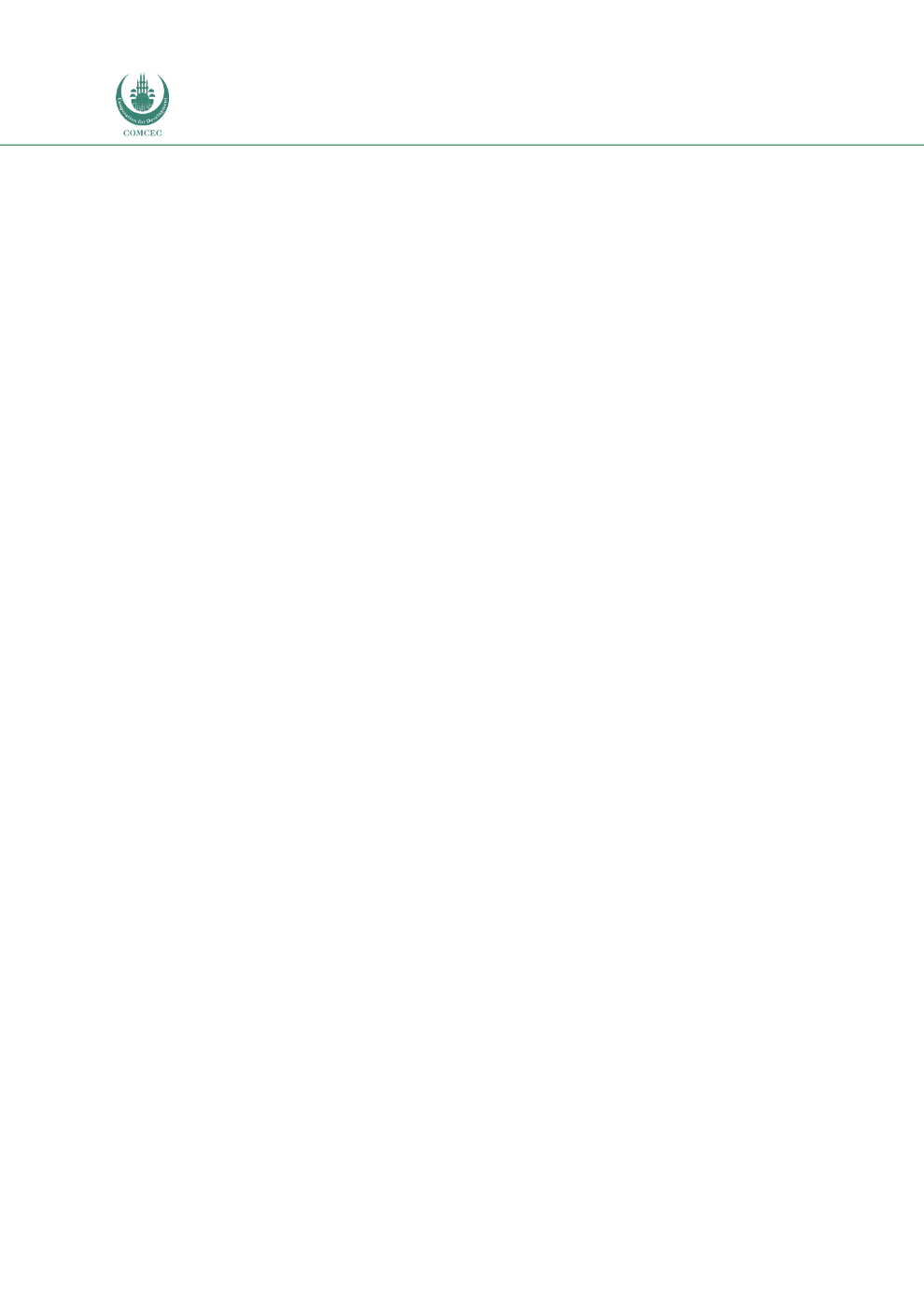

Islamic Fund Management
150
4.5.4
Key Factors Underpinning the Development of South Africa’s Islamic Fund
Management Industry
The development of South Africa’s Islamic fund management industry will provide a
competitive advantage to South Africa’s Islamic finance market. The country has the potential
to become the leading hub for Islamic finance in the African region. This is supported by its
advanced financial landscape, which adopts strong regulatory and governance structures. The
following section provides an explanation of the factors that have had an impact on South
Africa’s Islamic fund development.
Legal and Regulatory Framework
South Africa has an advanced legal and regulatory framework for the conventional market. The
government has put in place various measures to ensure the market remains robust. In 2018,
several new and revised regulations were unveiled:
The Twin Peaks model was implemented in April 2018, bringing about a new regulatory
system governed by the PA of SARB and the FSCA.
Revised Regulation 28 in February 2018, which aims to protect pension fund members
and facilitate economic development and growth.
Proposed Regulatory Framework for Foreign Member Funds in South Africa was issued
in March 2018. This aims to create a seamless gateway for foreign funds to invest in
South Africa or any other African country.
To date, the FSCA has yet to release any specific guideline on Islamic funds. Instead, Islamic
funds are governed by the CISCA 2002 and monitored by the FSCA.
Shariah Governance Framework
Regulators in South Africa have yet to adopt any Shariah governance framework. Rulings on
Shariah matters are managed by the Shariah advisory committee of each fund management
company. Due to the absence of a centralised or harmonised approach to Shariah governance,
the market is exposed to inconsistencies in Shariah rulings.
Market Infrastructure
Financial market infrastructure (FMI) is central to the clearing and settlement of monetary and
financial transactions in global and domestic financial systems. Examples of FMIs in South
Africa are the systems operated by the SARB, as follows:
The South African Multiple Option Settlement (SAMOS) system is the real-time gross
settlement system.
The continuous linked settlement (CLS) system settles foreign-exchange transactions in
designated currencies, including the South African rand.
The SADC Integrated Regional Electronic Settlement System (SIRESS) settles cross-
border credit transfers that require immediate settlement (Goodspeed, n.d).
South Africa has one of the most sophisticated financial markets and has earned a reputation
for its sound financial market development. This is also reflected through the JSE, which is the
















